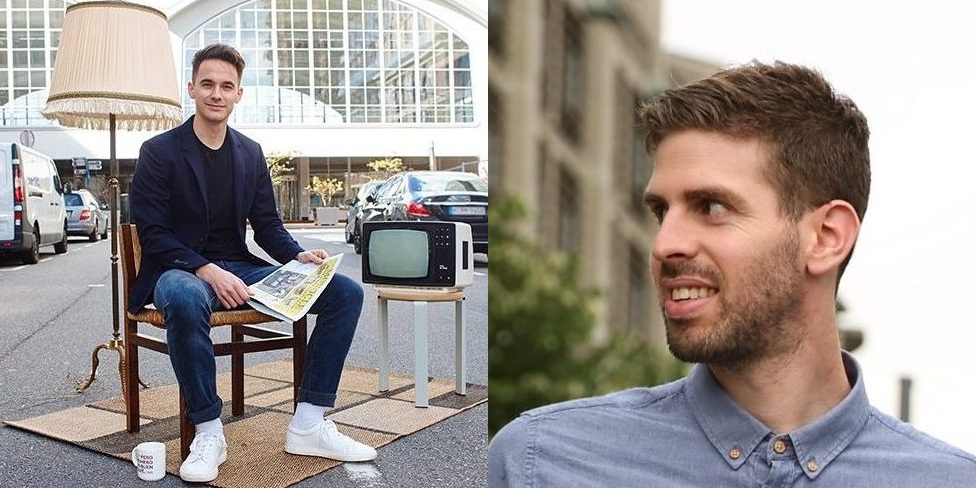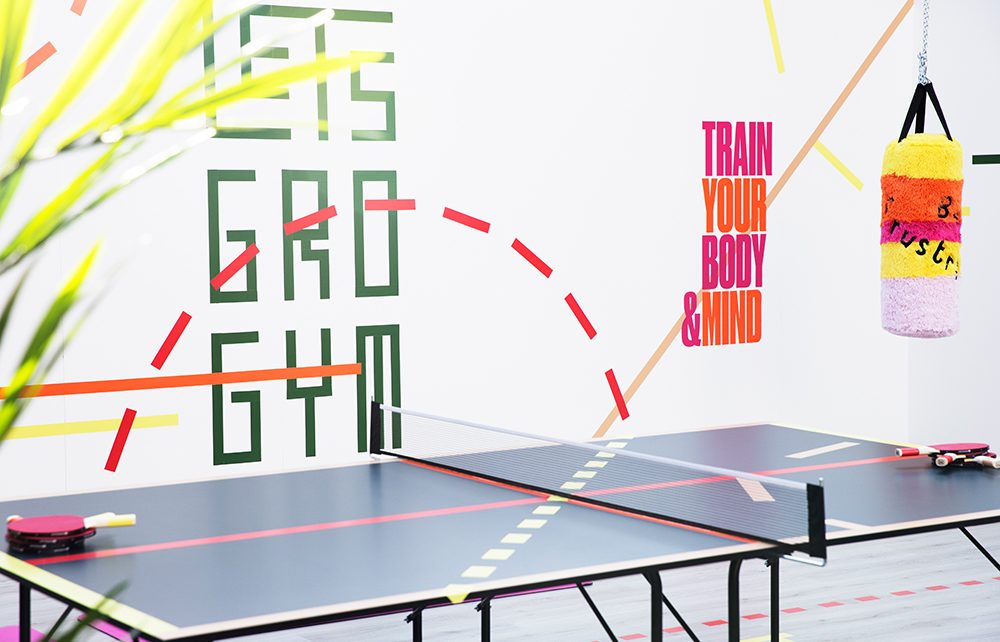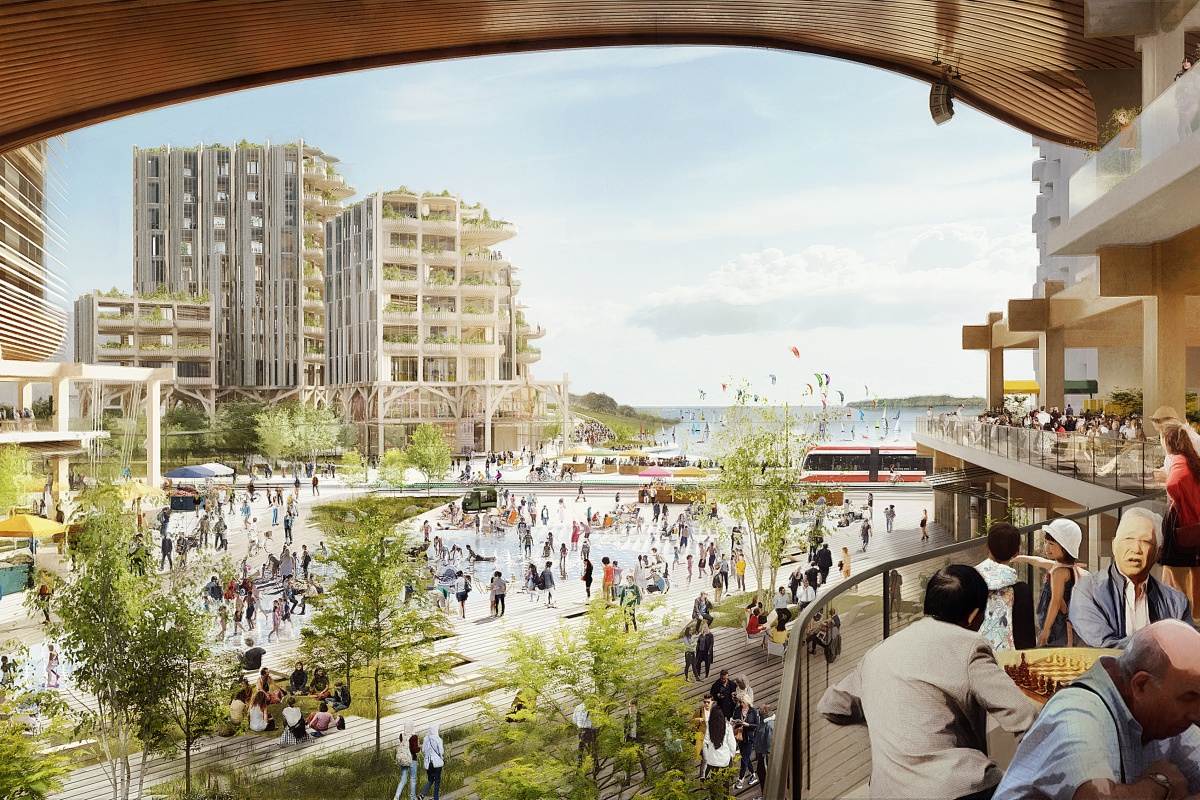
Photo: Happy-Streets-Rotterdam
Changing cities in a HUMANKIND way
23 August 2018
By Katharina Wind
When Jorn Wemmenhove and Lior Steinberg design the city of the future, they’re not only dreaming big but actually helping people to gain back trust in the possibility of positive change.
The story of HUMANKIND, a collective based in Rotterdam that aims to transform cities into happier places, started on Twitter where Jorn Wemmenhove and Lior Steinberg first met. Their shared love and vision for sustainable change towards a happy future brought Jorn, the Dutch change maker, who had spent 14 years as a social worker in Argentina, and Lior, the forward-thinking urban planner from Israel, together.

With their wide-ranging projects, reaching from empowering crosswalks to using cycling as a socio-economic opportunity in challenged areas of Rotterdam, they facilitate change in urban environments on many levels.
“What we try to do is basically eradicate the unnecessary suffering as much as we can,” says Wemmenhove. He explains their approach, that includes the aspect of mental health that is often not considered when it comes to urban planning. Nevertheless, the two don’t shy away from difficult or even taboo topics, but rather take an honest look at the state of our cities, societies and, most importantly, the people and their needs and dreams.
The holistic concept of HUMANKIND is perfectly equipped to do justice to the complexity of sustainable change. “Being a change maker is quite complex. So we are looking for all the tools and try to make the possibility of change as big as possible and the circumstances as good as possible,” they describe their efforts.
While dreaming big is important for the duo, they make sure to, “not only dream, but do!” And they do a lot. While always advocating for cycling, inclusive mobility and the benefits of it around the world, they also work with different municipalities and institutions to improve the lives of the local citizens. In Groningen, for example, they helped to plan the Let’s Gro Gym, a pop-up gym where people can boost wellbeing and happiness by training mind and body. In Rotterdam, HUMANKIND helped the public to reclaim the streets with a project called Happy Streets, a colourful, playful and refreshing take on designing for people instead of cars.

The conundrum of always having to be very positive and visionary about change on the one hand, and facing a lot of resistance and challenges, on the other hand, is something Lior and Jorn share with lots of other change makers. However, the coping mechanisms they apply in their own day-to-day lives also feed into their work that facilitates communication, support, and human connection. And they always hold space for the bigger picture. “We try at least, to find tools in order to convince the unconvinced,” states Steinberg. “That’s the way because if we won’t convince the unconvinced, we will not go further!”
They do that by turning their own impatience into a virtue. HUMANKIND works fast and on an experimental basis. That way, people–even the unconvinced ones–can actually see and experience themselves, how the quality of life improves for them through the experiments. Whether the projects involve making a public space greener or planning a playground or turning parking spaces into “people spaces”, the infectious enthusiasm and passion of the HUMANKIND collective always shine through.
WORDRAP
We love our city because it is made of people.
We are very passionate.
Everyone can live more sustainable, simply by being more human. And I would say cycle more.
The worst work-related decision I ever took was … actually, what I am thinking is that I am not able anymore to see failure in that sense. I mean, at a certain point you feel like shit, but then just a week after, a month after, or a year after, you see, “Ah, it actually made sense!” We can say that there were many but we just flipped them around. The worst mistake would be to think you will not make mistakes by being very careful. We did try sometimes to be perfect. That was our worst mistake. We tried to make perfect projects. I think that’s the answer.
Every city should put children first because they are still close to what could be our essence as human beings. But that’s a tricky answer, we would need much more than one sentence.







